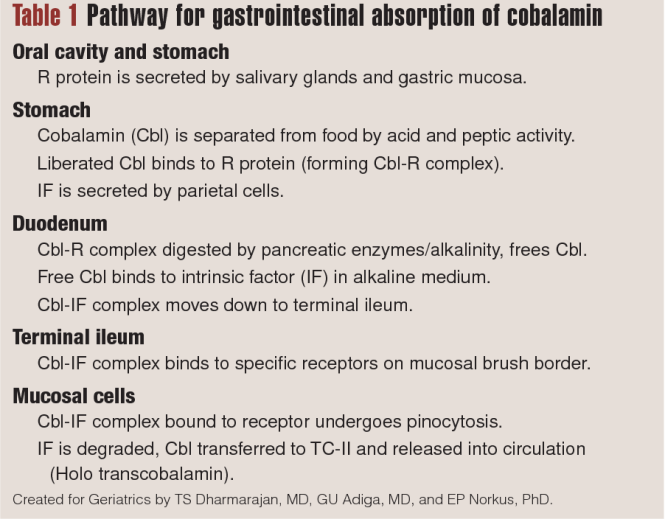

Vitamin deficiency signs are often subtle and easily missed, leading to a range of health issues. Understanding these hidden symptoms is vital for maintaining your overall well-being. This article will explore the various signs of vitamin deficiencies you might be ignoring, offering practical insights and solutions to address them effectively. We’ll delve into the common symptoms of vitamin deficiencies, providing examples, statistics, and expert advice to help you understand these warning signs. We’ll also explain the importance of seeking professional medical guidance for accurate diagnosis and tailored treatment strategies.
Recognizing Subtle Symptoms of Vitamin Deficiencies
Vitamin deficiencies, though often overlooked, can significantly impact your health. Identifying these subtle symptoms is crucial for prompt intervention and preventive measures. Various vitamins play vital roles in bodily functions, from energy production to immune response, and deficiencies can disrupt these processes. The consequences of these deficiencies can manifest in a wide range of ways, sometimes making it difficult to pinpoint the root cause. A balanced diet is often the best defense against these issues, but recognizing the warning signs is the first step toward restoring health and well-being.
Common Signs of Vitamin Deficiencies
Many vitamin deficiencies share similar symptoms, making diagnosis challenging. These symptoms can range from mild discomfort to more serious health conditions. Fatigue, weakness, and muscle cramps are frequently reported, sometimes leading to misdiagnosis. A key symptom to be aware of is hair loss or brittle nails. These outward signs might indicate a deeper problem like vitamin deficiencies.
Identifying Vitamin Deficiencies Through Blood Tests
Blood tests are essential diagnostic tools for identifying vitamin deficiencies. These tests measure the levels of specific vitamins in your blood, providing concrete evidence of imbalances. Routine check-ups, especially if you experience consistent symptoms, are crucial for early detection. Blood tests offer objective data to support or rule out a suspected deficiency. This objective approach allows for appropriate dietary adjustments or supplementation under the guidance of a medical professional.
The Importance of a Balanced Diet
A balanced diet rich in essential vitamins is crucial for maintaining optimal health. A diverse diet including fruits, vegetables, whole grains, and lean proteins provides a wide spectrum of vitamins and minerals. Consider incorporating vitamin-rich foods into your daily diet; focusing on variety and consumption of nutritious foods will provide much-needed vitamins and minerals. You can also consider consulting a registered dietitian for personalized dietary recommendations and guidance.
Seeking Professional Medical Advice
Recognizing the signs and seeking professional advice are essential steps to address vitamin deficiencies. Consult your doctor or a registered dietitian to discuss your concerns and receive personalized guidance and treatment plans. Early intervention and proactive management are vital in preventing long-term health issues related to vitamin deficiencies.
The Impact of Nutritional Deficiencies
Nutritional deficiencies can have a profound impact on the body, affecting various bodily functions. A deficiency in a single nutrient can lead to a wide range of symptoms and complications.
Long-term Effects of Ignoring Vitamin Deficiencies
Ignoring subtle symptoms of vitamin deficiencies can lead to a number of complications, such as compromised immune function and chronic fatigue. The ramifications may also manifest as neurological problems, cardiovascular issues, or even increased vulnerability to illnesses.
The Role of Supplements in Addressing Deficiencies
Consult with your doctor before using supplements, as supplements can interact with medications or existing health conditions. Vitamins and minerals in supplement form can be a useful supplement to your diet in some cases, but medical advice is always recommended.
Preventive Measures for Vitamin Deficiencies
Prioritizing a balanced diet, rich in various nutrients, is crucial for preventing vitamin deficiencies. Focus on consuming a variety of fruits, vegetables, whole grains, and lean proteins to ensure your body receives essential vitamins and minerals on a regular basis.
Common Questions Regarding Vitamin Deficiencies
- What are the main causes of vitamin deficiencies?
Many factors can contribute to vitamin deficiencies. Poor dietary habits, certain medical conditions, medications, and lifestyle choices can all play a role. Malabsorption issues, where the body struggles to absorb nutrients, can also cause deficiencies, as can certain medications.
- How can I improve my diet to prevent vitamin deficiencies?
Prioritizing a balanced diet, rich in fruits, vegetables, whole grains, lean proteins, and healthy fats, is crucial for preventing vitamin deficiencies. Consider increasing your intake of vitamin-rich foods through dietary adjustments and consulting a registered dietitian.
In conclusion, recognizing the subtle signs of vitamin deficiencies is crucial for maintaining optimal health. By paying attention to your body’s signals and consulting a healthcare professional when needed, you can proactively address these issues and improve your overall well-being. Schedule a consultation with your doctor today to discuss any concerns about potential vitamin deficiencies, and discover how to best support your health journey.